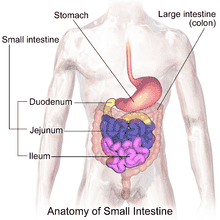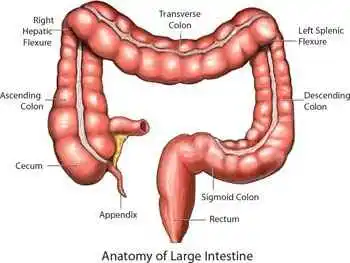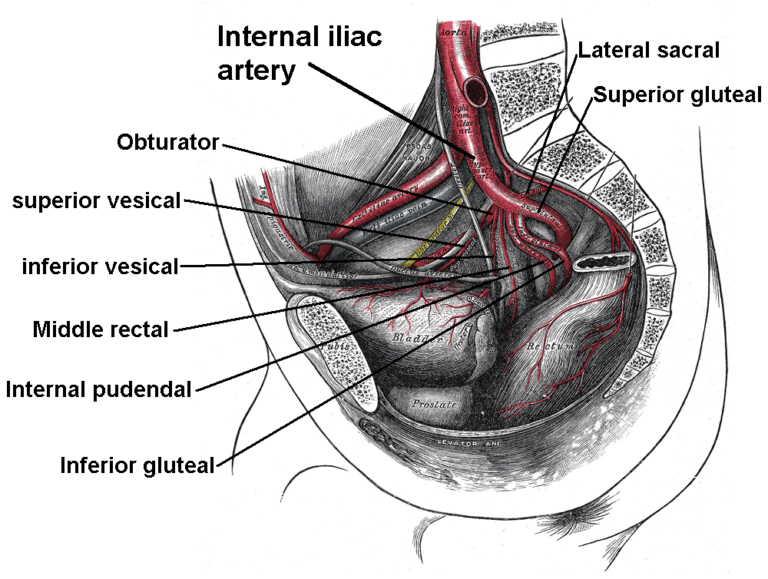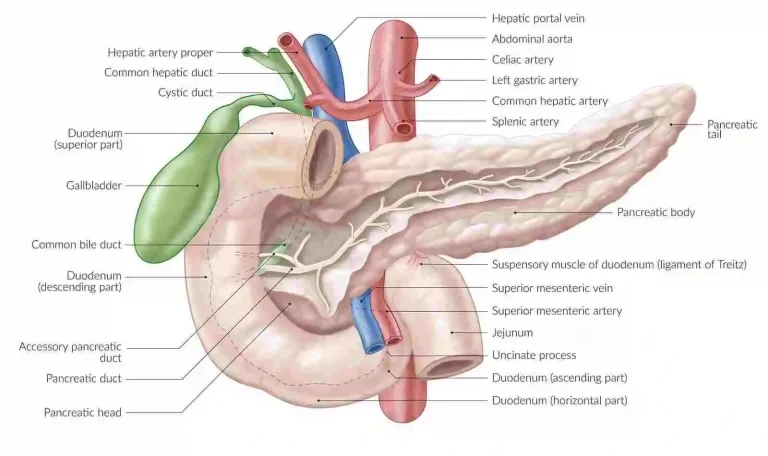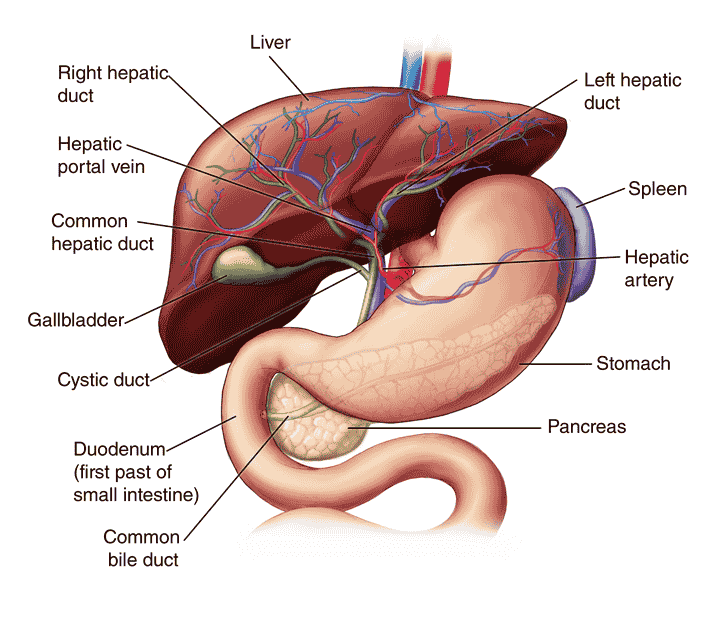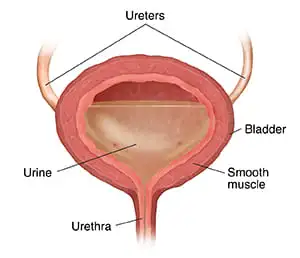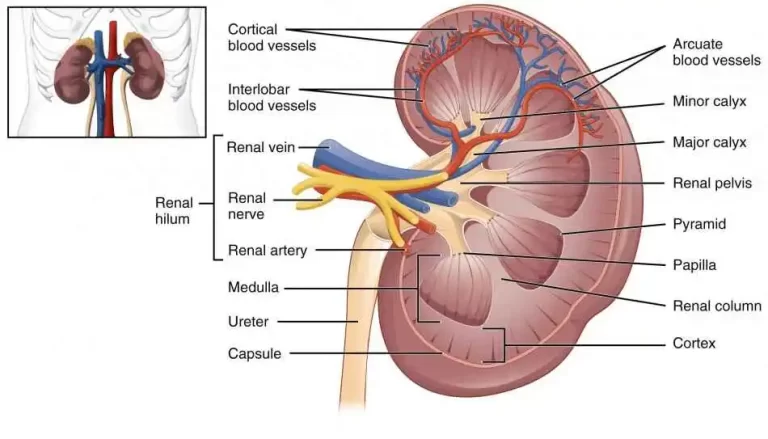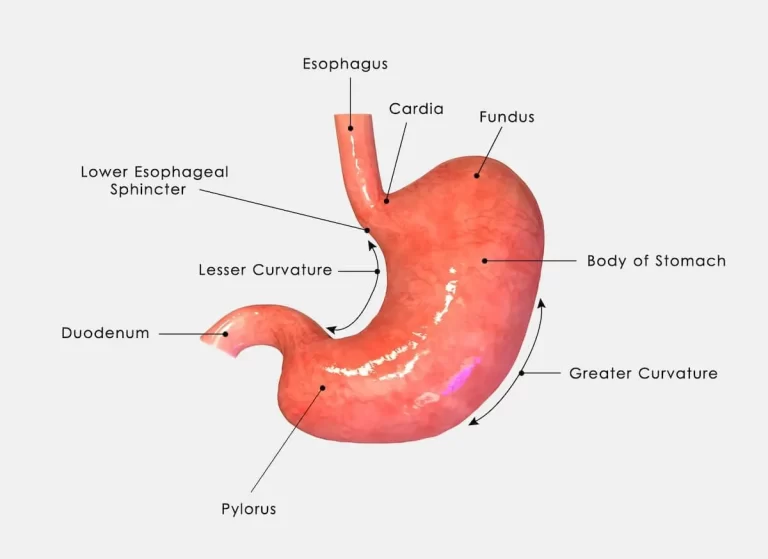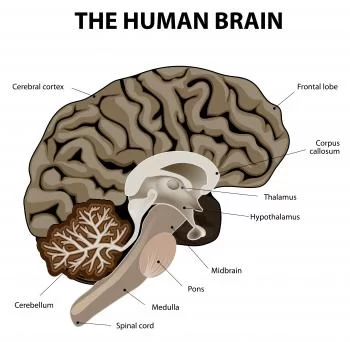Small Intestine
Overview The small intestine is a vital part of the digestive system, playing a crucial role in nutrient absorption. Located between the stomach and large intestine, it measures about 20 feet long in adults and is divided into three sections: the duodenum, jejunum, and ileum. The shortest duodenum is where preparation for absorption by small…

